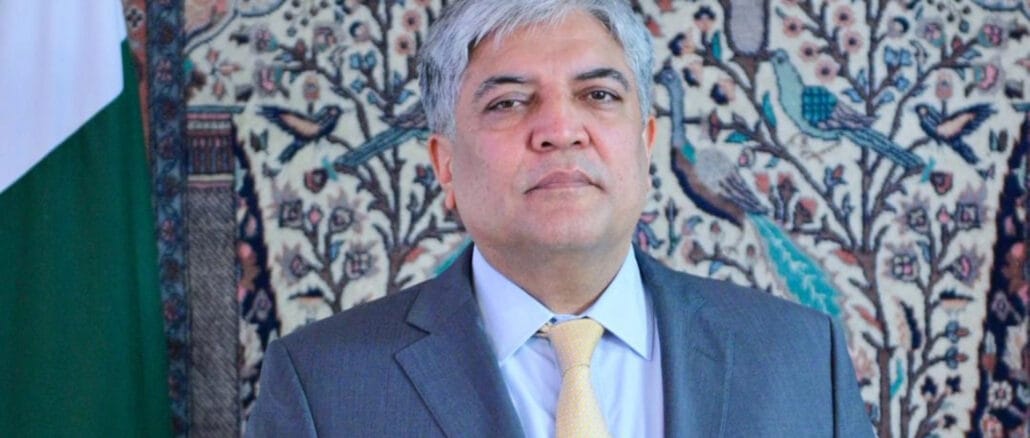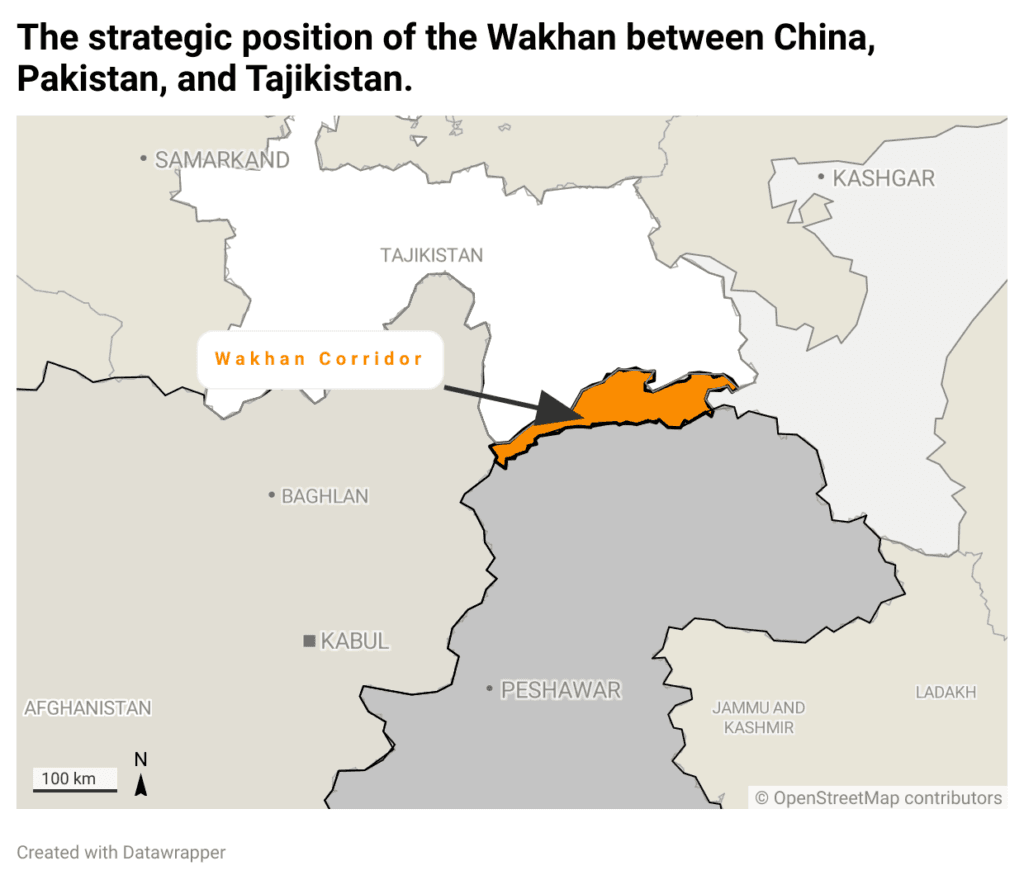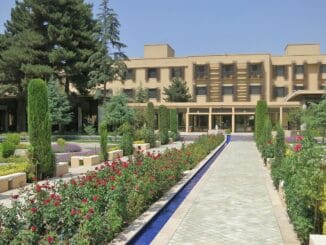
Pakistan has vehemently denied recent reports and social media speculation claiming it intends to seize Afghanistan’s strategically vital Wakhan Corridor. These allegations, which surfaced in late November and gained momentum following border clashes in early December, were dismissed as “baseless” by Pakistan’s Foreign Ministry.
During a press briefing on Thursday, Shafqat Ali Khan, the newly appointed spokesperson for the Foreign Ministry, categorically stated that Pakistan respects Afghanistan’s sovereignty and territorial integrity. “There is no question of Pakistan harboring such intentions towards its neighbors,” Khan asserted. He also acknowledged shared concerns about the presence of militants operating from Afghan territory and urged the Taliban government to take decisive action against these groups.
This denial comes against a backdrop of heightened tensions between the two neighbors. The Taliban, who have repeatedly rejected Pakistan’s accusations of harboring militants, maintain that activities of the Tehrik-i-Taliban Pakistan (TTP) within Pakistan are an internal issue.
The Wakhan Corridor: Strategic and Economic Importance
The Wakhan Corridor, a narrow and mountainous region in northeastern Afghanistan, holds significant strategic and economic importance. It provides Afghanistan’s only direct land access to China, offering a potential gateway for trade and development. However, the region’s rugged terrain and lack of infrastructure have hindered efforts to realize its full potential.
A Symbol of Aspiration and Contention
Despite its isolation, the Wakhan Corridor has long symbolized Afghanistan’s aspirations for regional connectivity and economic revival. Both the former Afghan government and the current Taliban regime have emphasized its potential to facilitate trade with China, particularly for exporting agricultural products.
However, the corridor has also been a source of contention between Afghanistan and Pakistan. Recent speculation, fueled by social media and some Pakistani media outlets, has raised concerns among Afghan officials and analysts.
Afrasiab Khattak, a former Pakistani senator and political analyst, expressed skepticism over Pakistan’s official denials, suggesting that elements within Pakistan’s military might be pursuing a “strategic depth” agenda.
“This appears to be an intelligence game,” Khattak remarked. “While the Foreign Ministry has dismissed the claims, there’s a desire in certain quarters of Pakistan to gain direct access to Central Asia by controlling part of Wakhan. However, neither Afghans nor China would ever allow this.”

Historical and Geographical Significance
The Wakhan Corridor was created in the 19th century as a buffer zone between the Russian and British Empires during the “Great Game.” This remote and rugged region, dominated by the stunning Pamir Mountains, is home to a unique blend of ethnicities, including Tajiks and Kyrgyz. It serves as Afghanistan’s only land connection to China, presenting opportunities for trade and regional economic integration.
Security Challenges and Regional Dynamics
The presence of militant groups, such as the Islamic State-Khorasan Province (IS-K), poses security challenges in the region. These groups could exploit the Wakhan Corridor’s remoteness for illicit activities. Additionally, the disputed Durand Line, the border separating Afghanistan and Pakistan, continues to fuel tensions, with periodic clashes exacerbating the complexities surrounding the corridor.
China’s Interests and the Belt and Road Initiative
China views the Wakhan Corridor as a potential asset for its Belt and Road Initiative (BRI). As Beijing invests in infrastructure projects across Pakistan and Afghanistan, the corridor could play a pivotal role in facilitating regional trade and connectivity. However, security risks and political tensions in the area remain significant obstacles.
The Wakhan Corridor remains a focal point of regional aspirations and tensions in Central Asia. Its strategic location, historical importance, and untapped economic potential continue to draw attention from regional and global powers. While Pakistan has denied any intention to seize the corridor, the speculation highlights the ongoing complexities and rivalries in this volatile region.






Be the first to comment